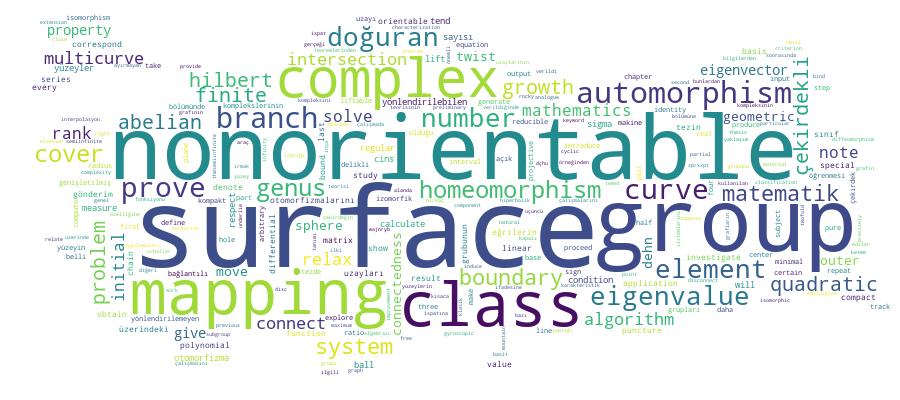Atalan, Ferihe
Loading...
Profile URL
Name Variants
Ozan, Ferihe Atalan
Ferihe Atalan
Atalan,F.
Atalan,Ferihe
Ferihe, Atalan
A., Ferihe
A.,Ferihe
Atalan, Ferihe
F.,Atalan
Atalan F.
F., Atalan
Ferihe Atalan
Atalan,F.
Atalan,Ferihe
Ferihe, Atalan
A., Ferihe
A.,Ferihe
Atalan, Ferihe
F.,Atalan
Atalan F.
F., Atalan
Job Title
Profesör Doktor
Email Address
ferihe.atalan@atilim.edu.tr
Main Affiliation
Mathematics
Status
Website
ORCID ID
Scopus Author ID
Turkish CoHE Profile ID
Google Scholar ID
WoS Researcher ID
Sustainable Development Goals
SDG data is not available

Scopus data could not be loaded because of an error. Please refresh the page or try again later.

This researcher does not have a WoS ID.

Scholarly Output
18
Articles
14
Views / Downloads
68/421
Supervised MSc Theses
4
Supervised PhD Theses
0
WoS Citation Count
31
Scopus Citation Count
30
WoS h-index
4
Scopus h-index
4
Patents
0
Projects
1
WoS Citations per Publication
1.72
Scopus Citations per Publication
1.67
Open Access Source
8
Supervised Theses
4
Google Analytics Visitor Traffic
| Journal | Count |
|---|---|
| Turkish Journal of Mathematics | 3 |
| Rocky Mountain Journal of Mathematics | 2 |
| Glasgow Mathematical Journal | 1 |
| Groups, Geometry, and Dynamics | 1 |
| International Journal of Algebra and Computation | 1 |
Current Page: 1 / 3
Competency Cloud


